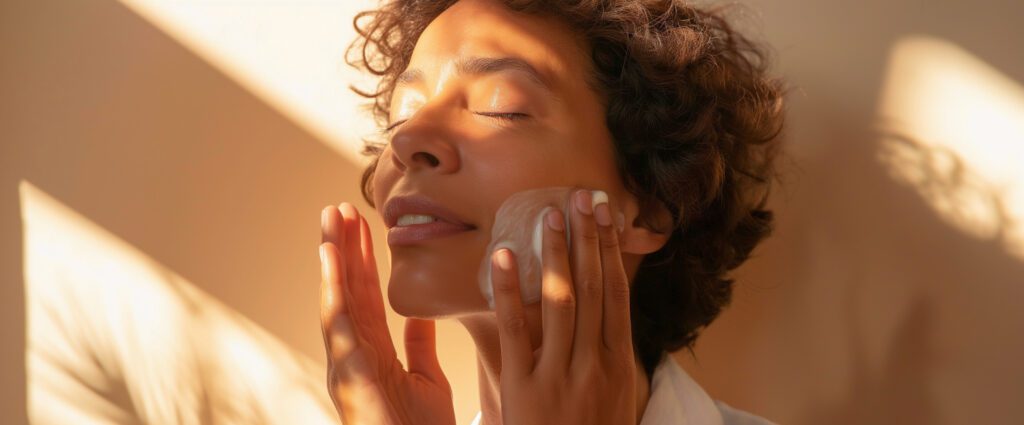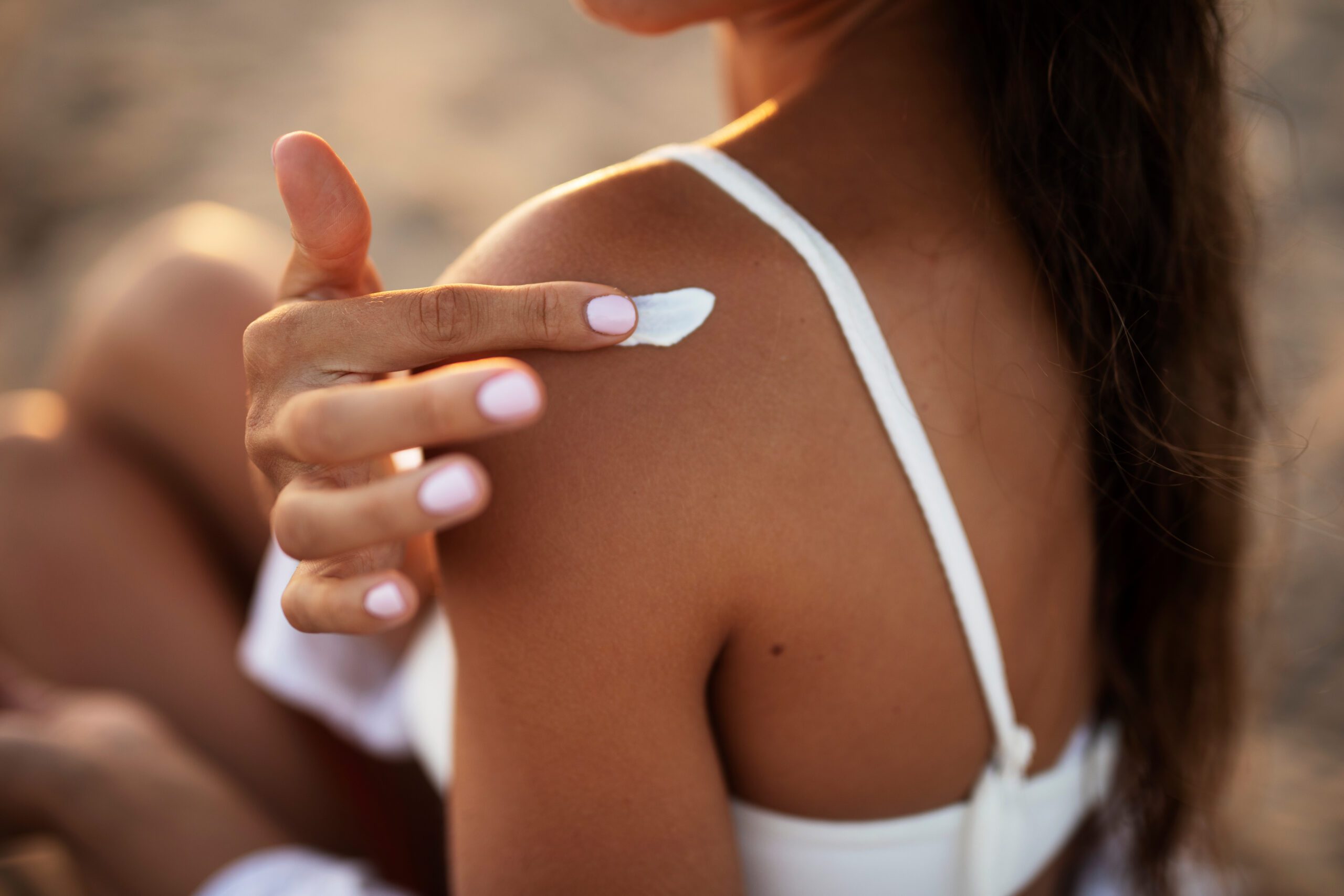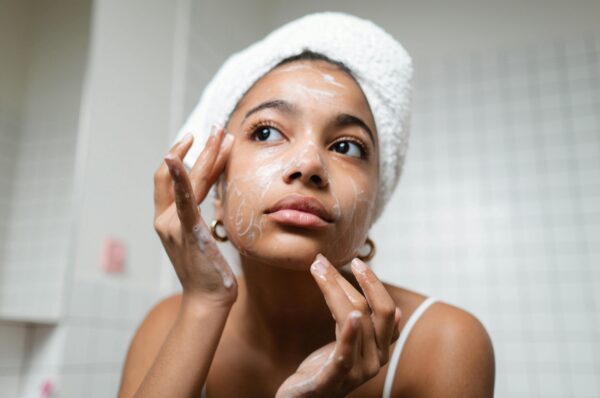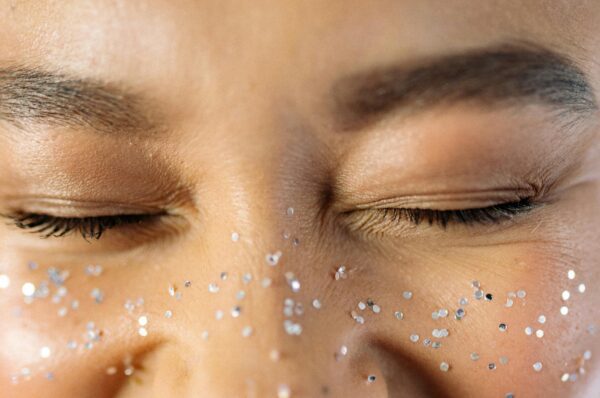Sunscreen should be the cornerstone of your skincare routine. It provides a crucial defence against UV rays, which can harm your skin even when the sun isn’t shining. In this guide, we’ll walk you through how to apply sunscreen, the best times for application and common mistakes to avoid ensuring you bask in the sun safely.
The best times to apply sunscreen for different situations
Morning routine
Sunscreen isn’t just for summer. UV rays can harm your skin all year round, so it’s essential to apply sunscreen daily, regardless of the season. Apply it after your moisturiser and serums but before makeup. This ensures a solid protective barrier against UV rays right from the start of your day.
Before outdoor activities
It’s crucial to apply sunscreen 15-30 minutes before stepping outside. This allows the sunscreen to fully bind to your skin, providing optimal protection from the moment you head outdoors.
During peak UV hours
UV rays are strongest between 10 am and 4 pm. Be extra vigilant about sunscreen application during these hours to prevent sunburn and long-term skin damage.
When travelling
According to a 2015 study published in JAMA Dermatology, aeroplane windows and windshields are typically made of polycarbonate plastic or multilayer composite glass that blocks UVB transmission but not UVA. To protect against those sneaky UV rays, apply sunscreen before boarding the plane and reapply after landing if it’s been more than a few hours. We recommend nipping to the toilets and not attempting to apply from your middle seat!
But what about driving? While most car windscreens are treated to block both UVA and UVB rays, side windows are not. A study by JAMA Ophthalmology concluded that this lack of protection adds a higher risk of developing skin cancer on one side of the face and further highlights the importance of wearing sunscreen, even when behind glass.


Reapplication is key
How often should you reapply sunscreen?
According to the NHS website, if you plan to be out in the sun long enough to risk burning, sunscreen needs to be applied twice:
- 30 minutes before going out
- just before going out
Sunscreen must then be reapplied liberally every 2 hours and according to the manufacturer’s instructions.
After swimming or sweating
Sunscreen should be reapplied straight after swimming or sweating heavily to ensure continuous protection. Water-resisted sunscreens are available; however, it can rub off after towel drying or sweating. Beware that water reflects ultraviolet (UV) rays, increasing your exposure.
Tips for reapplying without disrupting your makeup
From sunscreen sprays to powdered SPFs, there are a few ways to reapply sunscreen while keeping your makeup intact. Byrdie spoke to dermatologists Doris Day and Marina Peredo to get their tips on protecting your skin throughout the day while wearing makeup. Read their advice in this article.
Common sunscreen mistakes and how to avoid them
Not using enough sunscreen
As a guide, adults should apply around 6 to 8 teaspoons of sunscreen to cover their entire body.If sunscreen is applied too thinly, the amount of protection it provides is reduced. Our other article provides more important application tips.
Missing spots
Don’t forget often-missed spots like your ears, the back of your neck and the tops of your feet. These areas are just as vulnerable to UV damage.
Relying solely on SPF in makeup or moisturisers
While SPF-infused makeup or moisturisers can offer some protection, they are not a substitute for proper sunscreen. Use a high-factor, broad-spectrum sunscreen to ensure adequate coverage.


Beyond sunscreen
Sunscreen is just one part of a comprehensive sun protection strategy. Wearing a sun protection hat, sunglasses and protective clothing, as well as seeking shade, can further safeguard your skin. Making sunscreen a non-negotiable part of your daily routine is essential for avoiding sunburn, premature skin ageing and possibly even skin cancer.




